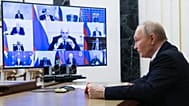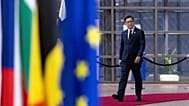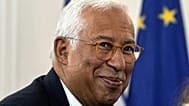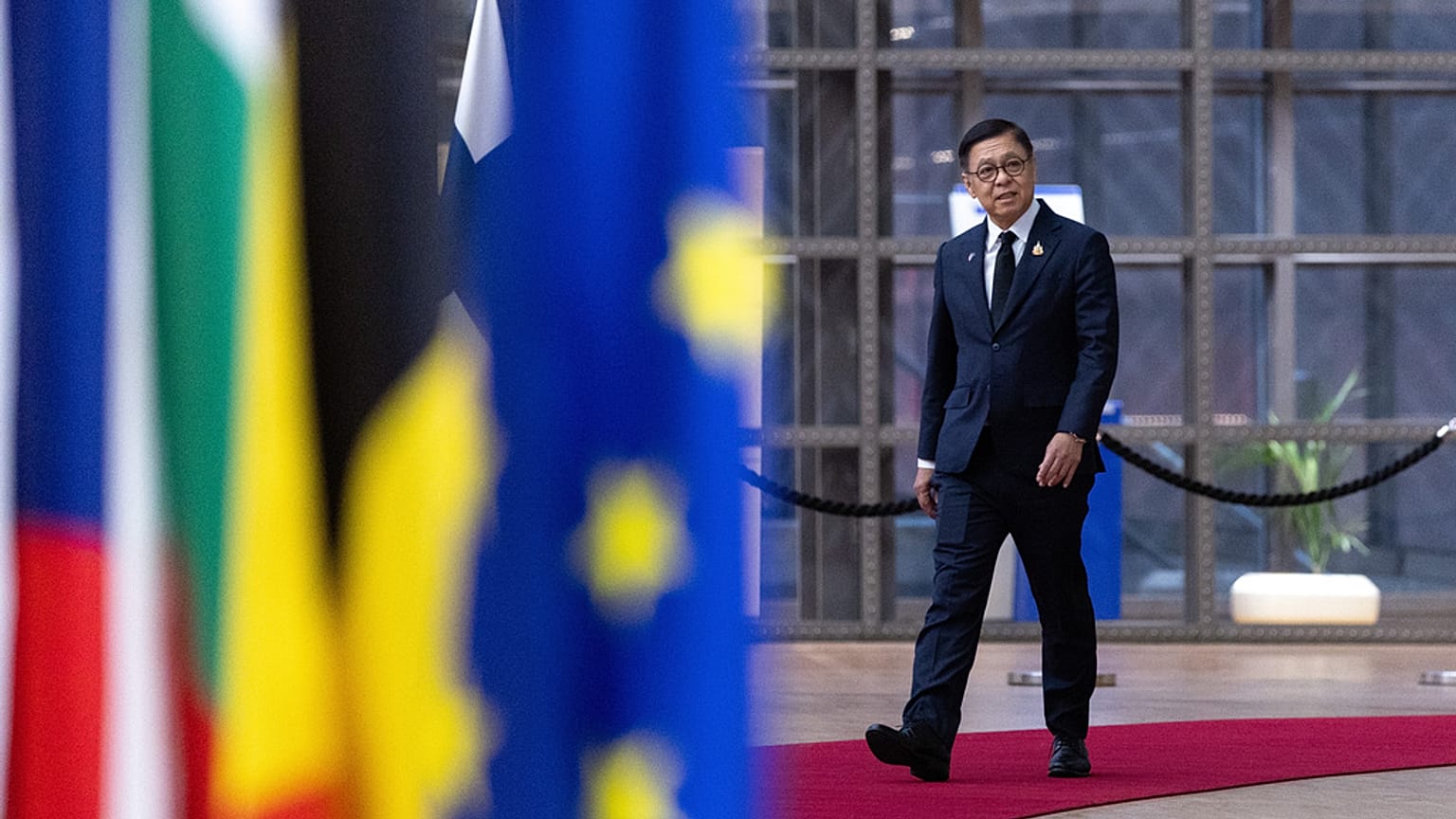Thailand’s Foreign Minister Sihasak Phuangketkeow told Euronews on the sideline of an indo-pacific region meeting in Brussels that the EU’s presence in the ASEAN region helps as a balance of powers between the US and China.
Thailand's Foreign Minister Sihasak Phuangketkeow told Euronews on the sideline of the fourth EU–Indo-Pacific Ministerial Forum in Brussels, held on 20 and 21 November, that deeper cooperation between the European Union and the Indo-Pacific region is essential, as the EU's presence brings a balance of powers between the US and China.
Phuangketkeow noted that relations with the EU have strengthened over the past year, particularly through the ongoing negotiations of a Thailand–EU free trade agreement (FTA).
He noted that talks "have made good progress", adding: "We hope that maybe by the time of next year, we can bring it to a conclusion." However, key issues such as market access, government procurement, intellectual property, as well as environmental and human rights standards, are "issues still on the table".
The minister said that the EU–Thailand Partnership and Cooperation Agreement, which entered into force last year, is "working very well" and "the private sector in many EU countries are interested in the opportunities". Thailand’s strategic location in Southeast Asia, he said, makes it a "platform" for investment into the region.
According to Phuangketkeow, Thailand is currently transitioning towards a more digitalised and greener economy, areas where he believes "the EU has a lot to offer Thailand and the other ASEAN countries".
The EU as a power balance
Asked whether the EU could be a reliable partner for Thailand in order to serve as a counterweight to China’s growing influence in Southeast Asia, Phuangketkeow said Thailand supports a multipolar world and seeks constructive relations with all major powers.
China remains Thailand’s largest trading partner, while US engagement is considered vital for regional security. However, the minister also voiced concern about Washington’s increasing use of tariffs: "We're also concerned, you know, right now with the policies of tariffs and protectionism on the part of the United States, you know, we think that this does not help the multilateral trading system."
On the other hand, he welcomed greater EU engagement, economically, politically, and in terms of security, arguing that it contributes to a more balanced regional power dynamic.
Thailand's foreign policy plans
Finally, Phuangketkeow outlined what Thailand's new foreign policy priorities would be, which mainly involve promoting peace in the region, addressing the ongoing crisis in Myanmar, resolving tensions with its neighbour Cambodia, strengthening the ASEAN community, and tackling global challenges such as climate change, human trafficking and cyber security.
The Forum gathered around 70 delegations from the EU institutions and EU member states, as well as from countries and regional organisations from the Indo-Pacific region. The 11 ASEAN Member States are Myanmar, Thailand, Laos, Vietnam, the Philippines, Cambodia, Singapore, Indonesia, Malaysia, Timor-Leste and Brunei.















